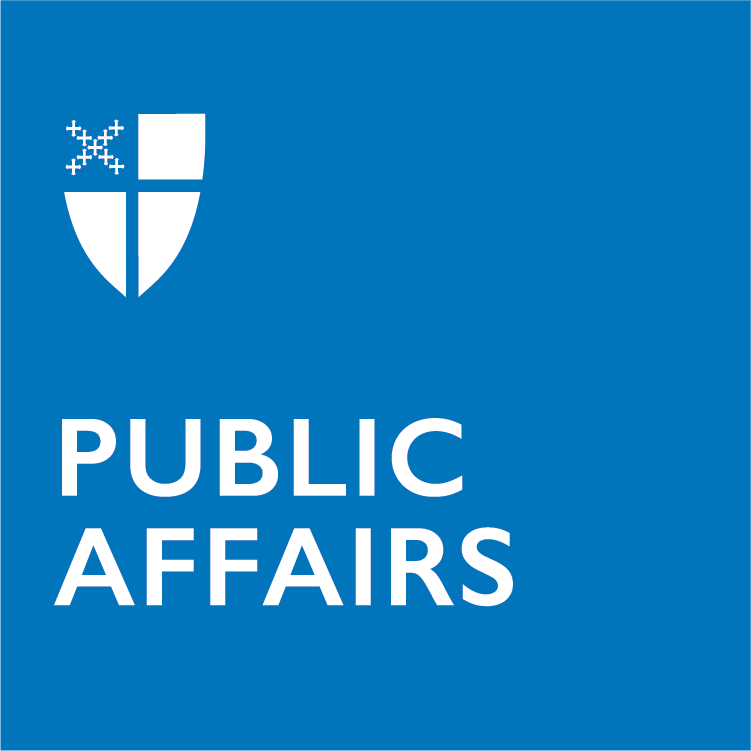In reference to an opinion piece titled “Twenty-first Century Excommunication” and posted to wsj.com on October 7, 2011, please note the following:
- The author’s information and assertions are dated. The author’s reference in the opening paragraph to the church in Binghamton, New York is almost four years old. Much has happened, including a Lambeth Conference and a General Convention. The Bishop of the Episcopal Diocese of Central New York has addressed and dealt with the issues raised in this article.
- Presiding Bishop Katharine Jefferts Schori did not make any of the statements that the author claims she made in the article.
- The author of the article stated that, “Of the 38 provinces in the global Anglican Communion, 22 have declared themselves in “broken” or “impaired” fellowship with the more liberal American church.” As recently as Monday, October 10, Lambeth Palace confirmed that there is no basis for this claim by the author.
- The budget of The Episcopal Church and the correct numbers for expenses are available to the public on the website www.generalconvention.org.
- Membership in the Anglican Church of North America includes churches and denominations that have disassociated from the Episcopal Church both recently and over the last 130 years, as well as congregations which have never been part of the Episcopal Church. ACNA is not a member of the Worldwide Anglican Communion.
- The Episcopal Church maintains very good relationships with many of the Provinces of the Anglican Communion, as evidenced through our many diocesan companion relationships. Many Primates and Provincial Secretaries have been and continue to be guests at the Church Center in New York City and at various gatherings, including the General Convention 2009 and meetings of the House of Bishops.
- Dioceses are created by the General Convention and cannot be dissolved without action of the General Convention in accordance with the provisions of the Episcopal Church’s constitution and canons. Parishes, likewise, are created by a local diocese and continue within that structure unless dissolved pursuant to the canons of the diocese.
- The Episcopal Church welcomes all people – men and women, gay and lesbian persons – in ministry and in church leadership positions, as children of God and followers of Jesus Christ. The Episcopal Church has actively responded to the calls of two Lambeth Conferences to engage in study and discussion of these matters. Actions related to the election and consecration of two openly gay bishops have been taken at the local level of the Episcopal Church, with prayer and seriousness.
- The continuing Episcopal Dioceses of San Joaquin, Pittsburgh, Quincy and Fort Worth are growing in mission and ministry.
- Those who have remained in the Episcopal Church in those places where some have left include conservatives as well as liberals, persons on the political right as well as on the political left, and everything in between.
- It is inaccurate and misleading to suggest that those who have broken away from the Episcopal Church are the persecuted faithful, when in reality those who have remained have felt deeply hurt, and now in some cases are exiled from their own church buildings by the Anglican Church of North America.
- Episcopal Church property was given by those who came before for the benefit of those yet to come. When members of a congregation choose to leave the Episcopal Church, the courts have repeatedly decided that those departing members may not take the church building with them.
